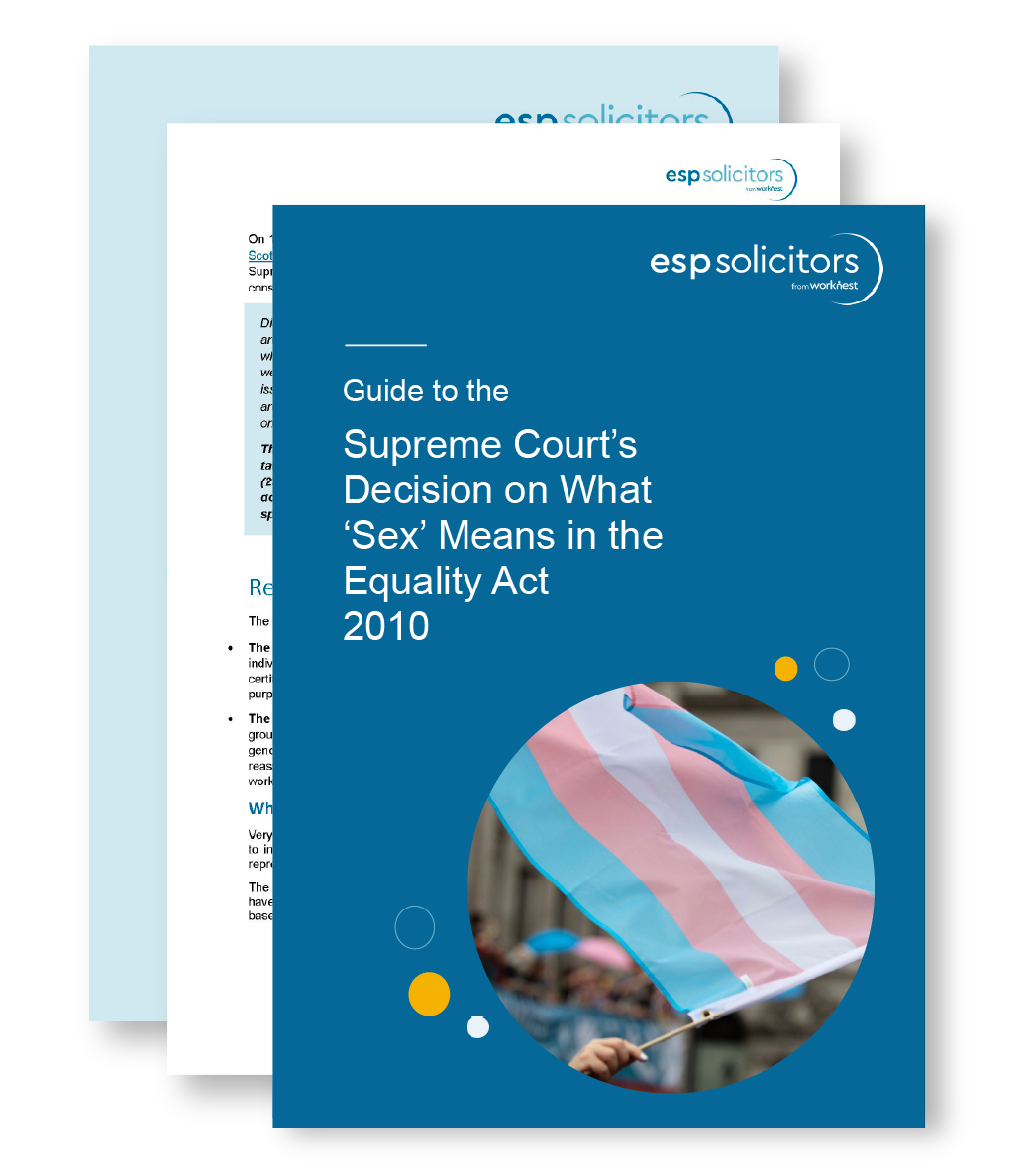Ramadan is predicted to begin on the evening of Friday 28 February 2025, and will last for approximately 30 days, culminating in the celebration of Eid Ul-Fitr on Sunday 30th March.
During this period, Muslims are obligated to fast from sunrise to sunset and will also engage in prayer, reflection and giving to charity. If you have Muslim employees, Ramadan may affect their ability to undertake their roles, so it’s important to accommodate them in the coming weeks.
When done with diplomacy and common sense, Ramadan can be a real opportunity to demonstrate great management and nurture the relationship of mutual trust and respect between you and your employees.
If you’re not all that familiar with Ramadan customs, you may be anxious about getting it wrong. However, the basic legal principle is simple: it is against the law to treat an employee less favourably because of their religion or belief. This means that employers cannot, for example, dismiss someone, refuse to promote them or deny them training because of their religion.
Flexible Working Arrangements and Prayer Facilities
It would be appropriate to consider whether you can be flexible with regards to employees’ working hours, rest times and duties. Remote working may already be the norm for your organisation, however, if it isn’t, you should consider allowing Muslim employees to work from home temporarily. This will avoid them commuting to and from the workplace and allows them to use their breaks to engage in extra worship.
If this is not an option, consider allocating a room for employees to pray in. Remember, enforcing a ‘no prayer in the workplace’ rule may constitute indirect discrimination, as it would disproportionately affect Muslim employees compared to those of other religions who would not normally be required to pray at set times throughout the day.
Dealing with the impact of fasting on employees
Fasting is likely to lead to fatigue, so allowing more rest breaks, modifying the employee’s duties or allowing them to work through lunch may be beneficial. Decreased energy may also affect employees’ performance or productivity, and in this scenario, employers should explore what can be done to help the employee stay focused. Penalising or disciplining an employee for this reason may leave you exposed to discrimination claims, so it’s best to work with the employee to find solutions. This might include scheduling meetings and other essential or demanding tasks at the start of their day when they have the most energy.
Handling time-off requests during Ramadan
It may be that employees are aware of their own limitations while fasting and, therefore, choose to request time off so that this doesn’t interfere with work. There is no automatic right to time off in this context, and requests should be handled in line with your annual leave policy. However, you should try to be as reasonable, fair and accommodating as possible, and should have clear business reasons for refusing an employee’s request.
Fostering an inclusive workplace culture during Ramadan
Above all, foster a culture of respect. Circulate a company-wide email or put up a notice in communal areas to make everyone aware of Ramadan. Managers should lead the way in making sure employees are sensitive to people’s religious beliefs, as inappropriate comments or “banter” may leave you exposed to harassment claims.



